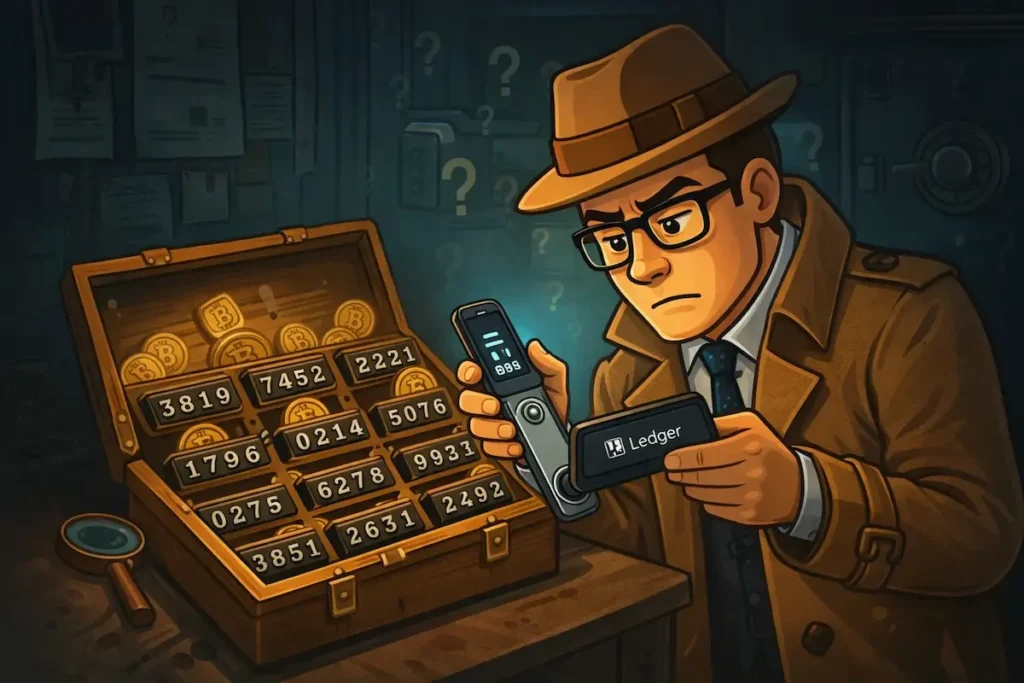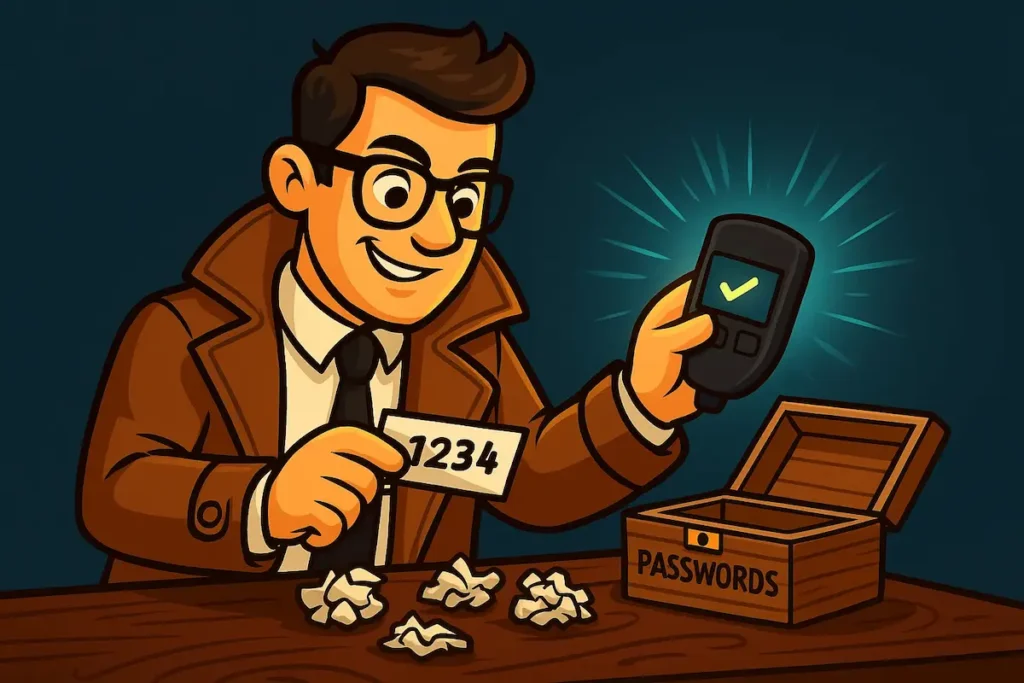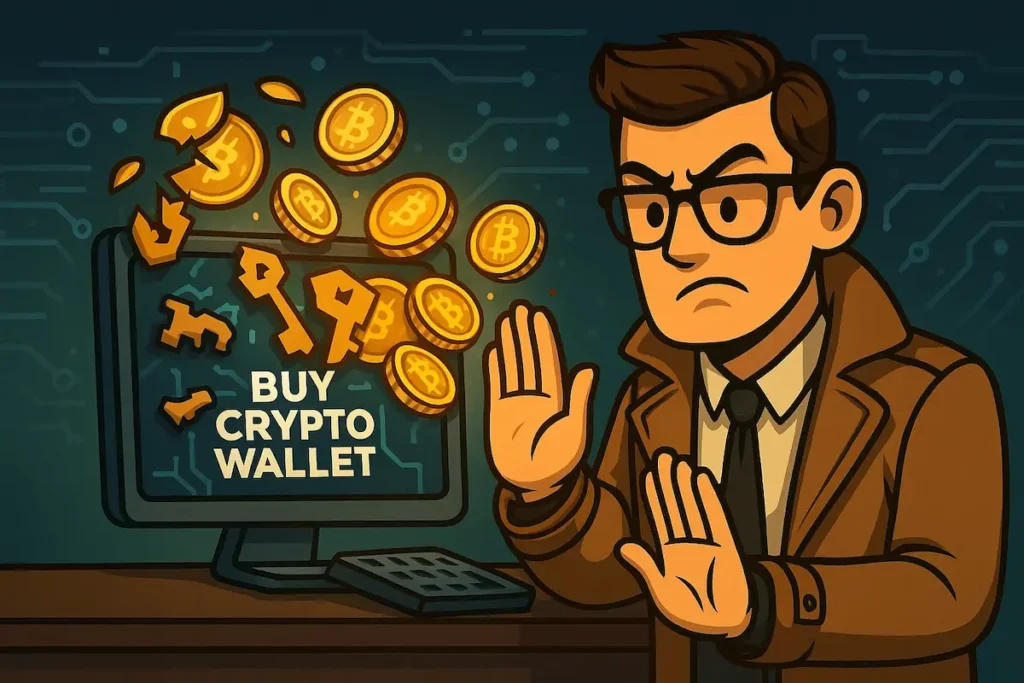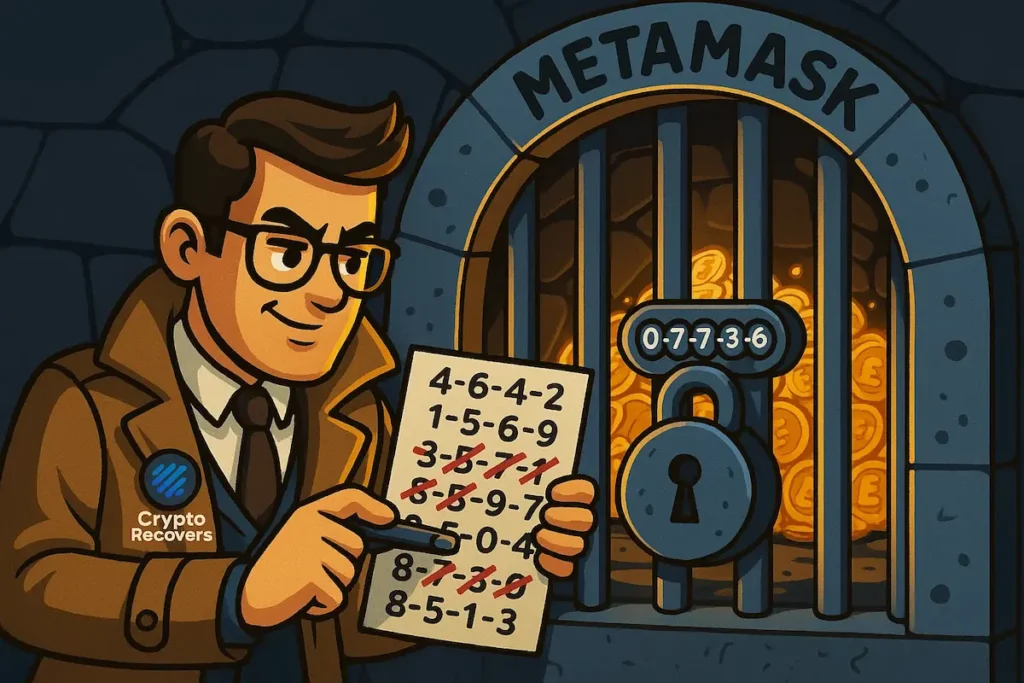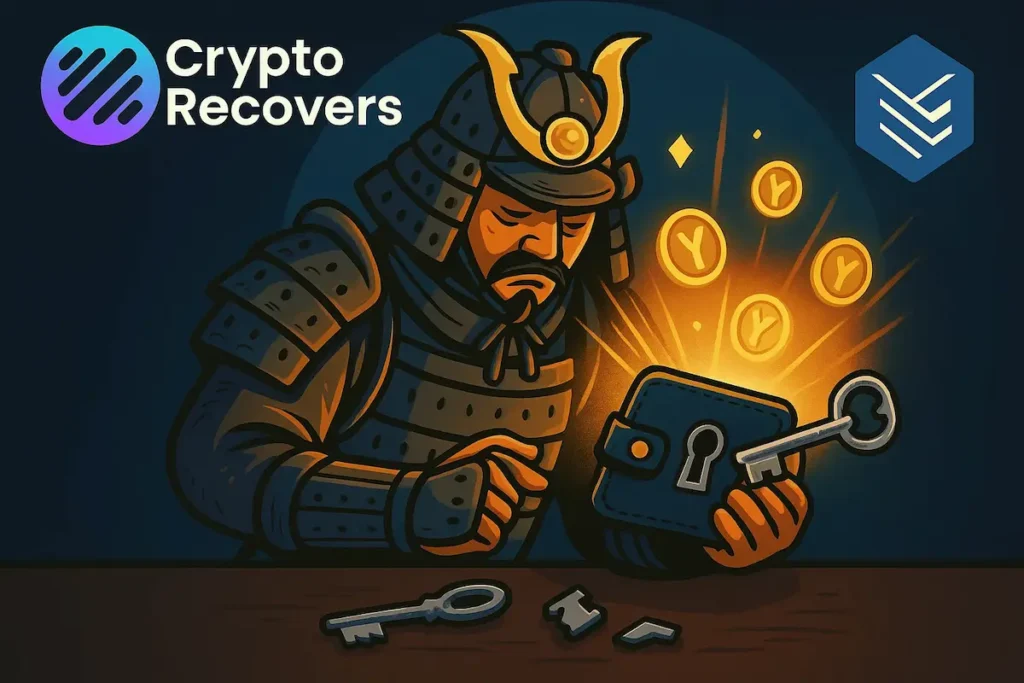Losing access to your crypto wallet can be a nightmare. Imagine waking up one day, ready to make a trade or check your balance, only to find that you can’t remember your password or find your private keys. Your hard-earned digital assets seem to have vanished into thin air. But fear not! There is hope for those who have lost access to their crypto wallets.
A recent report from Chainalysis revealed that an estimated 3.7 million bitcoins have been lost out of a total supply of 19.6 million. That’s a staggering amount of wealth that could be sitting idle, waiting to be recovered. So, what can you do to regain your coins?
Recovering your digital assets is possible. There are firms like cryptorecovers.com that specialize in helping people like you regain access to their lost accounts. Whether you’ve forgotten your password, experienced a hard drive failure, or misplaced your private keys, there are steps you can take to recover what’s rightfully yours.
Join us as we delve into the common reasons for lost access to crypto wallets, explore strategies for recovering lost assets, and discover how you can prevent such incidents from happening in the first place. Don’t let your hard-earned coins slip away – there’s a way to reclaim what’s rightfully yours!
Common Reasons for Lost Crypto Wallets
There are several common reasons why people lose access to their crypto wallets. One of the main reasons is the loss of private keys, which are necessary to access and manage digital assets. Private keys can be lost through forgetfulness, hardware failures, or data corruption.
Another reason for lost access to crypto wallets is theft. Hackers and cybercriminals employ various techniques to gain unauthorized access to wallets and transfer assets to their control.
In some cases, people using custodial wallets offered by centralized exchanges may be denied access to their funds due to suspicious activity or compromised credentials.
Additionally, the mortality of Bitcoin owners can lead to inaccessible wallets if proper estate planning, including the transfer of private key information, is not done.
Other reasons for lost access include sending coins to the wrong address and dormant wallets that have not been used for an extended period.

Recovering Lost Crypto Assets
Recovering lost crypto assets can be a complex and challenging process, but it is not impossible. If you have lost access to your crypto wallet, there are several steps you can take to regain control of your digital assets.
The first and most important step is to contact the exchange or wallet provider from which you have lost access to your crypto wallet. Many larger and well-known exchanges have procedures in place to help their customers recover lost assets. By reaching out to them, you can explore the options available and get assistance in recovering your lost crypto assets.
Another option to consider is hiring a recovery service (like cryptorecovers.com). These professionals specialize in searching for and recovering lost or stolen cryptocurrencies. They use specialized software and work closely with individuals and law enforcement agencies to track down and recover lost assets. However, it is crucial to exercise caution and verify the credibility of any asset recovery firm to avoid falling victim to scams or fraudulent practices.

In addition to the above options, it is worth exploring the use of offchain title registries to provide an extra layer of protection for your crypto assets. One such registry is TransitNet, which aims to create a record of title for digital wallets, reducing the risk of losing access to your crypto assets.
Recovering lost crypto assets requires persistence and vigilance, but with the right approach and the right resources, it is possible to regain access to your digital wallets and secure your valuable assets.
Read our article about how to find a lost Bitcoin wallet.
Preventing Lost Access to Crypto Wallets
While it is possible to recover lost crypto assets, prevention is always better than cure. To prevent lost access to your crypto wallet, it is important to practice good security hygiene. This includes securely storing private keys, using strong and unique passwords, enabling two-factor authentication, and regularly backing up wallet data.
One key aspect of secure crypto wallets is ensuring the safe storage of private keys. Private keys act as the gateway to your digital assets, so it’s crucial to keep them protected. Consider using hardware wallets, such as the Ledger Nano S or Trezor, which store private keys offline and provide an extra layer of security.
Another vital step is using strong and unique passwords for your wallet and associated accounts. Avoid using common or easily guessable passwords. Instead, create complex passwords that include a combination of uppercase and lowercase letters, numbers, and symbols.
Enabling two-factor authentication (2FA) adds an extra layer of security to your crypto wallet. With 2FA enabled, you’ll need to provide a second factor, such as a code generated by an authenticator app or sent to your mobile device, in addition to your password, to access your wallet.
Regularly backing up wallet data is crucial. This ensures that even if you lose access to your primary wallet, you can restore your assets using the backup. Consider using a hardware wallet with built-in backup features or following proper backup procedures for software wallets.
It is also important to choose reputable wallet providers or exchanges that prioritize security. Look for platforms that implement strict security measures, such as encrypted communication, secure storage of user data, and regular security audits.
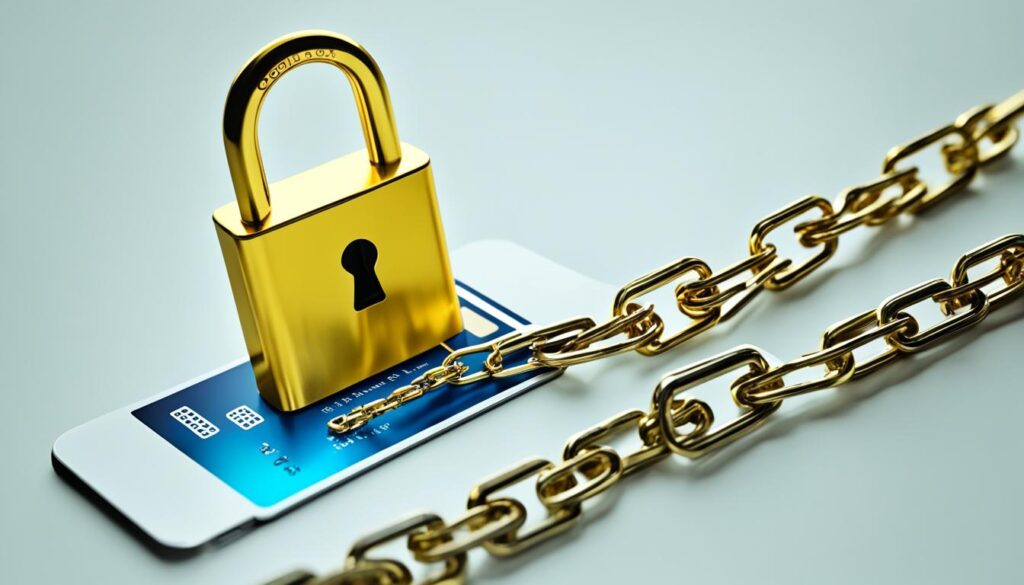
Educating yourself about the risks and best practices in cryptocurrency security is essential. Stay updated with the latest security trends and news, and be aware of common attack vectors, such as phishing scams and malware.
Conclusion
Losing access to a crypto wallet can be a stressful experience. But there are options available to help recover your digital assets. Whether it is contacting the exchange or hiring a professional crypto wallet recovery service (like us), taking immediate action and exploring all possible avenues can increase the chances of regaining access to your coins.
However, prevention is key, and practicing good security measures can help reduce the risk of losing access to your crypto wallet in the first place. By securely storing private keys, using strong passwords, and staying informed about cryptocurrency security. You can safeguard your digital assets and have peace of mind.
In summary, while the loss of access to a crypto wallet can seem daunting. There are steps you can take to regain control of your funds. Stay vigilant, be proactive, and prioritize security to protect your valuable crypto assets.
Here is more information on how to find legitimate crypto recovery companies.





